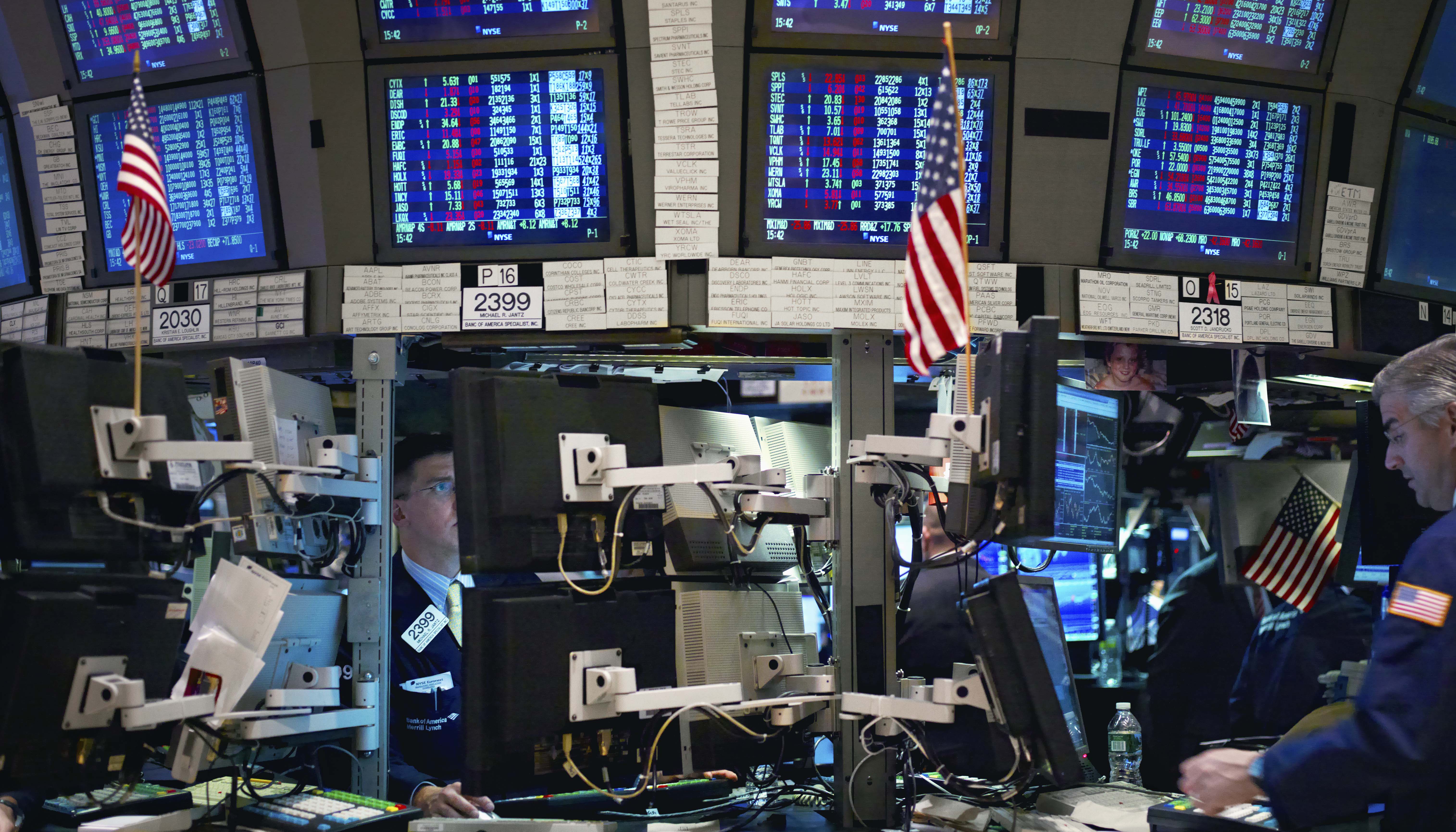A chief executive striding onto a stage may look like the picture of strong leadership. But behind the charisma and vision, there can be hidden costs to this kind of personality at the top.

New research by Macquarie Business School, Huaqiao Business School and Xiamen University School of Management reveals how narcissistic chief executive officers (CEOs) – leaders who thrive on admiration and a sense of superiority – quietly undermine their companies by alienating middle managers.
Published in the Journal of Business Research, the study shows narcissistic leadership erodes middle managers’ sense of belonging and connection to their organisation. In practice, that means fewer new ideas, less willingness to challenge strategy and a greater risk of groupthink.
“When middle managers feel dismissed or undervalued by the top, they withdraw rather than risk confrontation,” says co-author of the study Dr Miles Yang, Senior Lecturer in Strategy at Macquarie Business School.
“The irony is that these are the very people who usually spot risks first and push for innovation.”
The hidden costs of charisma
The researchers ran scenario-based experiments that tested how different CEO behaviours shaped managers’ willingness to engage in what’s known as ‘divergent strategic behaviour’ — putting forward ideas that challenge the status quo.
Participants were presented with short scenarios describing either a high-narcissism CEO (boastful, dismissive, taking all the credit) or a low-narcissism CEO (inclusive, appreciative, encouraging ideas).
The psychological toll on managers can be significant – anxiety, stress and even burnout are common when they feel silenced or undermined.
Those exposed to the narcissistic leader were far less likely to feel connected to their organisation or to suggest new strategies.
“Narcissistic CEOs are often easy to recognise once you’ve worked with them — they monopolise the spotlight, claim sole credit and show little interest in other viewpoints,” says co-author Associate Professor Yue Wang, Associate Professor in International Business at Macquarie Business School. “But during hiring, they can come across as charming and visionary, which makes it harder for boards to see the warning signs.”
Why middle managers matter
The damage isn’t always visible in good times. As long as profits are strong, narcissistic leaders can mask disengagement further down the hierarchy. But when conditions change, companies may discover that the managers who normally carry the weight of adaptation are disconnected and unwilling to step up.

“Middle managers are the connective tissue of an organisation – they translate vision into action, filter information between the frontline and the C-suite, and provide the stability companies need when conditions change,” Dr Yang says.
The research lands at a time when many Australian organisations are cutting back middle-tier roles in the name of efficiency. The findings suggest this could leave companies even more exposed if the wrong leader is at the helm.
Lessons for boards and leaders
The authors urge boards to take personality seriously when hiring or reviewing CEOs. Screening for narcissistic traits — such as dominating conversations or dismissing alternative viewpoints — could prevent costly cultural problems.
“The psychological toll on managers can be significant — anxiety, stress and even burnout are common when they feel silenced or undermined,” Associate Professor Wang says.
“Boards need to understand that narcissistic leadership isn’t just a style quirk; it carries real business risks.”
- What Australian businesses can learn from the Roy family about succession plans
- How to pull off a complex project without delays
For organisations already led by self-focused executives, the study points to ways of limiting the damage. Training and coaching can help CEOs adopt more inclusive behaviours. Policies that give middle managers a voice — for example, recognising their contributions publicly or involving them in strategy — also reduce disengagement.
Strong performance feedback systems offer another safeguard.
“Clear feedback loops give managers a sense of agency and voice, even under difficult leadership,” Dr Yang says. “It’s a structural way to limit the damage narcissistic CEOs can do.”
The takeaway
Charisma and bold vision may grab headlines, but they’re no substitute for inclusive leadership. The new study shows narcissism at the top weakens the very people organisations rely on to adapt and innovate.
For boards, the message is clear: beware of leaders who demand admiration but dismiss those beneath them. For companies, the health of middle management could prove the difference between resilience and crisis.
Associate Professor Yue Wang is an Associate Professor in International Business at the Macquarie Business School.
Dr Miles Yang is a Senior Lecturer in Strategy in the Department of Management at the Macquarie Business School.



